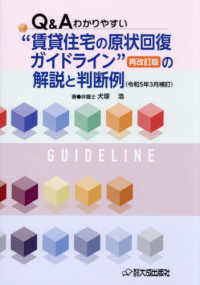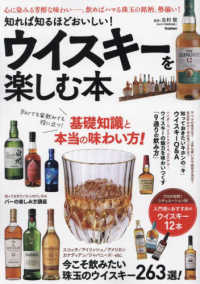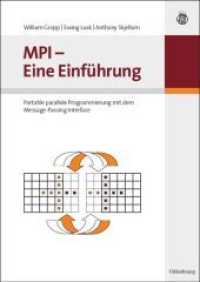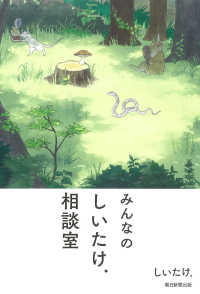Full Description
The Cambridge History of Australian Poetry offers an authoritative and comprehensive engagement with poetries that range from some of the world's oldest to significant innovations of the twenty-first century. Bringing together insights from First Nations experts, internationally renowned scholars, distinguished practitioners, and future critical leaders, this volume analyses the role of poetry in the multiple cultural imaginaries of Australia within local, regional, and global contexts. Chapters consider the role of poetry as both shaping and critiquing settler-colonial, national, and identity formations; Aboriginal writing, song, and cultural leadership; children's poetry; the poetry of war and conflict; engagement with print, film, and the digital; major aesthetic movements; geographies of the city, region, Asia, the South, and Antarctica; diasporic movements; and environmentalism. The volume includes analyses of the archive, ballads and folk poetry, performance poetries, conceptual and concrete poetries, canon formation and diversification, and current perspectives on major authors.
Contents
Introduction Ann Vickery and Philip Mead; 1. Language, text and colony: rethinking aboriginal poetry of the eighteenth and nineteenth centuries Eugenia Flynn; 2. British speculations of Terra Australis and romantic-period poetry Robert W. Rix; 3. Poetry in the penal colony Thomas H. Ford and Kyle Kohinga; 4. Becoming distinct: nineteenth-century Australian poetry Paul Giles; 5. The many-voiced Charles Harpur Paul Eggert; 6. Anonymity and the popular: the Colonial ballad and other folk forms Michael Farrell; 7. Settler labour poetics and the national imaginary at the turn of the twentieth century Jonathan Dunk; 8. Children's poetry from 1840 to 1950 Kristine Moruzi and Beth Rodgers; 9. Australian poetries of war and conflict Ann Vickery; 10. 'Poetry is its own advertisement': little magazines, clubs, and coteries (1890-1945) Peter Kirkpatrick; 11. The new woman and poetry (1885-1935) Jess Cotton; 12. Women poets, mobility, and being 'in-between' Nancy Berke; 13. Fin de Siècle symbolism and after Toby Fitch; 14. Kenneth Slessor's visualism Philip Mead; 15. Surrealism and Australian poetry Gavin Yates; 16. Gum tears which are also real: manifesto and hoax in the Jindyworobak and Ern Malley Nicholas Birns; 17. The mid-century canon: post-sham Australia Georgina Arnott; 18. Judith wright Sarah Kennedy; 19. Oodgeroo Noonuccal Peter Minter; 20. Aboriginal song as Australian poetry: the unimaginable archive Nicholas Jose; 21. Re-imagining place (1940-1990) Bonny Cassidy; 22. Australian poetry and the rise of a Suburban Quotidian, 1950-2000 Paul Hetherington and Cassandra Atherton; 23. The three ontologies of regional poetry Tony Hughes-D'aeth; 24. The poetry of Antarctica Elizabeth Leane; 25. Poetry and the State (1945 to the Present) Ali Alizadeh; 26. Australian expatriate poets Andrew Taylor; 27. Les Murray Michael Hofmann; 28. Religion and poetry in Australia Lyn Mccredden; 29. Francis Webb Bill Ashcroft; 30. Australian poetry and post-war immigration from Europe Konstandina Dounis; 31. The long 1970s and print culture Fiona Scotney; 32. Australian poets of the 1980s John Hawke; 33. Activism and the Eruption of aboriginal writing Philip Morrissey; 34. Reading the archive of Australian feminist poetry since 1970 Kate Lilley; 35. Queer poetry in Australia: 1970s to today Jill Jones and Bonnie Reid; 36. Between identity and form: Asian Australian poetry Prithvi Varatharajan and Lucy Van; 37. Poetry of the South West Asian and North African diasporas Paula Abood; 38. Trancultural relations with Latin America Stuart Cooke; 39. Performance poetries Andy Jackson; 40. Long form poetry from the 1980s to the present Simon Eales; 41. From conceptual to concrete (1960-2020): parahistoriographies A.J. Carruthers; 42. The digital era Hazel Smith; 43. The Earth has been done: recent environmental poetry Tom Bristow; 44. Contemporary anthologies and the question of canonicity Jaya Savige; 45. New dynamics in twenty-first century anthologies Jaya Savige.








